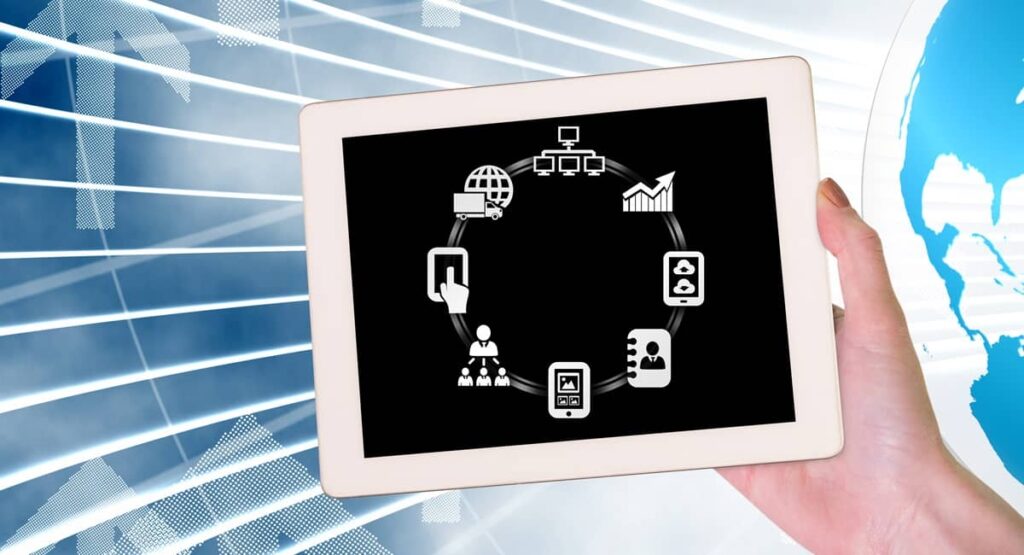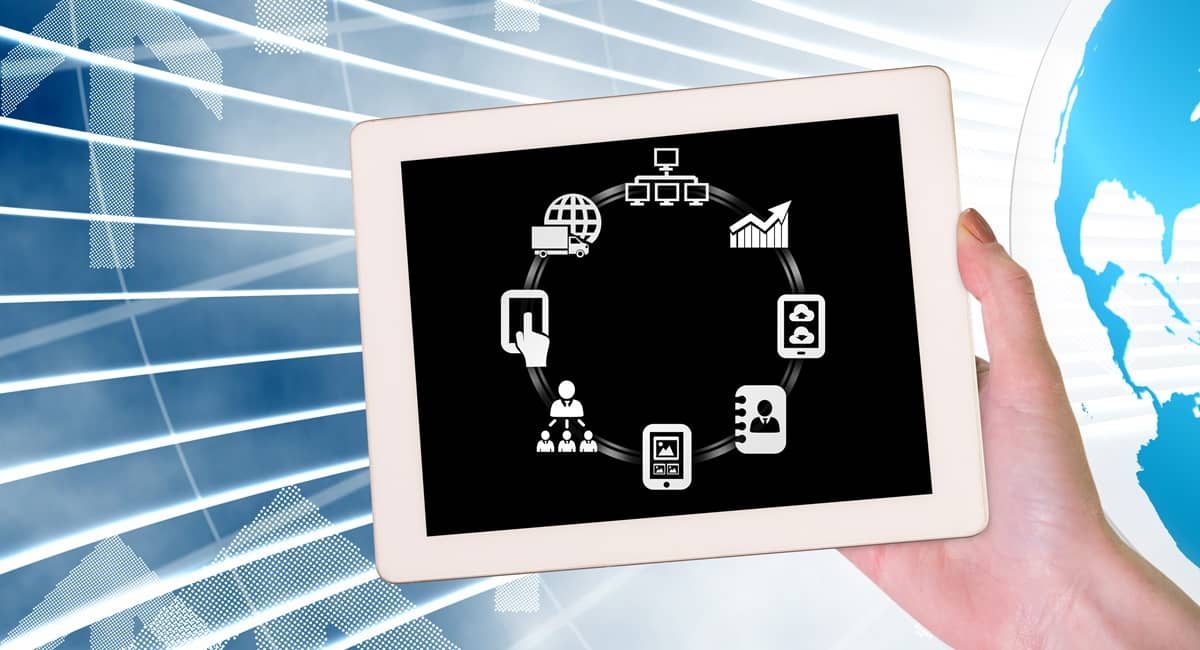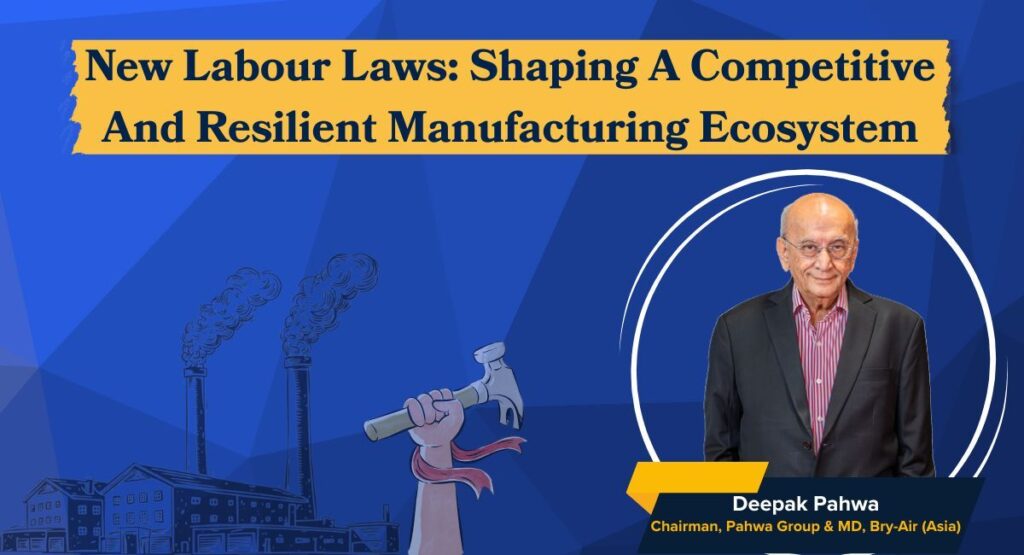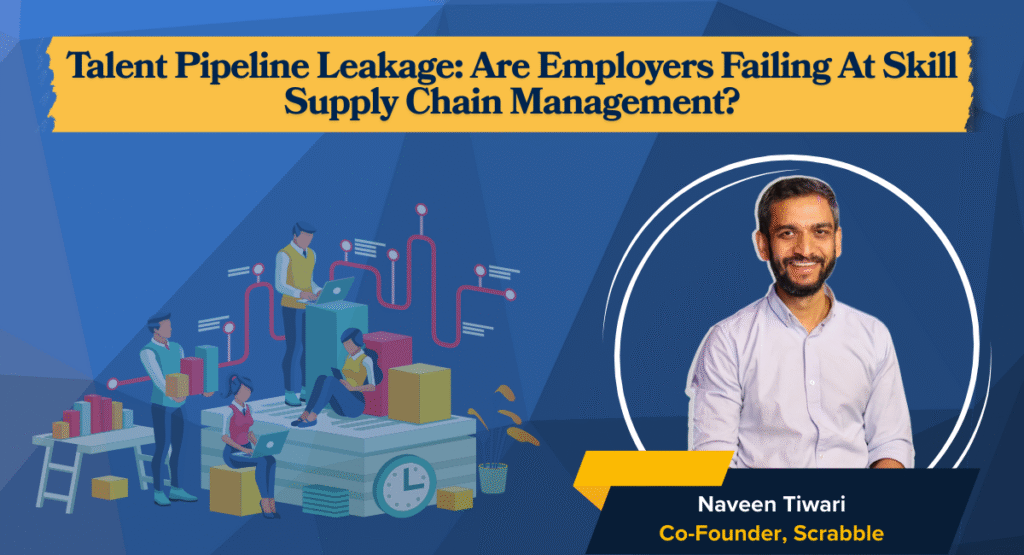In recent years, employee experience has become a metric that is becoming increasingly important by the day.
While there was a time when productivity mattered above all else, companies are focusing on ensuring that their employees can enjoy smooth operations. Unsurprisingly, technology has become an integral part of this particular venture, giving rise to Employee Experience Platforms (EXPs).
From onboarding to performance management, EXPs provide one-stop solutions to enhance the employee journey. With EXPs, employers and employees are able to keep up with evolving workplace practices that integrate technology with modern expectations.
The Rise of EXPs
The Michael Page Talent Trends 2024 report highlights that 43% of employees in India now work in a hybrid arrangement. The prevalence of hybrid work arrangements necessitates tools that can seamlessly integrate remote and in-office experiences.
The significant shift in India’s work culture towards a hybrid model has paved the way for the popularity of EXPs. Their ability to provide employees with necessary HR-related solutions in a short timeframe has led to an increase in their demand.
Though hybrid workplaces have increased the need for EXPs, traditional workplaces are not far behind in adopting technology for their HR functions. The convenience and efficiency of such employee experience software solutions have made them the need of the hour, especially with their ability to adapt to different types of workplaces.
Core Benefits of EXPs
According to the EY ‘Future of Pay 2025‘ report, 60% of Indian employers are keen to leverage AI for salary benchmarking, rewards, and compensation strategies by 2028. This can be attributed to the various advantages that digital solutions like EXPs provide to the involved parties.
Enhanced Employee Engagement
EY’s Tech Trend 06 report states that organisations investing in employee experience see higher profits, revenues, productivity, and employee retention compared to others.
By providing personalised experiences, EXPs significantly boost employee morale and productivity. The rise in employee engagement directly impacts a willingness to stay with a company and their performance.
Data-Driven Insights
The Workai Future of Work Trends 2024 report highlights how data analytics in EXPs enhances organisational agility and enables a more adaptive and employee-centric workplace.
The data-driven approach allows EXPs to create tailored approaches that cater to the needs of individual employees. This helps in creating a personalised and communicative environment that is becoming more and more popular.
Personalised Learning and Development
With data analytics in hand, EXPs can help in creating customised learning plans for the employees. The EXPs take into account the career goals of an employee as well as their current skill sets to create hyperpersonalised lessons.
Learning and development have become a priority not only for employees but also for employers. EXPs bridge the gap between the former’s goals and the latter’s expectations to create practical learning paths.
Implementing EXPs in Your Workplace
- Establish goals: Decide what you hope to achieve by implementing an EXP in your workplace. This should be followed by finalising the metrics that will help you measure your progress towards the decided goals.
- Research EXPs: Once you have your goals in mind, research various EXPs to find out which one suits your needs and wants the most. While one EXP might be better for employee retention, another might have better learning options
- Pacing the implementation: After you have finalised an EXP, start small by providing it to a small group of people. Their progress can be compared with others to see if the employee experience platforms meet your expectations. Additionally, their feedback can help in personalising the features in use for a better experience for all.
- Continue to evolve: Following the company-wide implementation of an EXP platform, it is important to not only collect feedback but also make changes as needed. Keeping in mind the employee expectation, the company’s needs, and evolving workplace standards, make sure that your EXP is able to perform the requisite functions.
In the end…
Choosing and implementing EXPs is not just about keeping up with the technological standards of modern-day workplaces. The strategic advantages that these platforms provide, combined with their efficient way of working, make them a huge asset for almost any workplace.
In order to make effective use of an EXP, it is important for companies to evaluate their HR needs and performance goals when making a choice. The proper implementation of EXP helps a company maintain their competitive edge in the market.





